Jeevaraj Pillai: It is important to manage plastic waste at source
It is necessary that we make people aware of the consequences and focus on building our recycling capabilities, says Jeevaraj Pillai, joint-president, flexible packaging business and new product development, UFlex.
17 Jul 2021 | By WhatPackaging? Team
Is there a Green Gap?
Since its invention, plastic has come to occupy a significant position within our daily lives. Overtime, its relationship with society and ecology has become quite complex. While the benefits of plastic are incomparable and undeniable, plastic has also become synonymous with a culture of waste that poses significant challenges for our planet. Vendetta against plastic and continuous media exposure has led to society concluding that harm of plastic outweighs the good that it carries along. However, this sentiment is yet to translate to switching to green plastic products and any significant global reduction in plastic pollution. Partly, because there is no other material that can offer the same attributes and cost effectiveness as plastic. The pandemic has also increased the dependence on plastic. Also, because the consumers expect the government and industry to take charge, rightly so. When faced with the moral obligation to ditch gadgets, appliances or many other useful items made up of plastic, consumers orientation changes by seeing such products as sustainable though that’s unfortunately not the case for packaging.
As one of the largest flexible packaging players globally, we are cognisant of our responsibility and we have taken charge of putting post-consumption plastic to better use which allows us to contribute towards controlling plastic pollution and having a cleaner environment. In our endeavour to make plastic manufacturing a circular economy business, it is very important to manage plastic waste at the source. As part of our efforts to have a circular economy advantage, UFlex is obtaining post-consumer PET bottles and Multi Layered Packaging (MLP) and related waste from various waste management solution agencies. We have been working closely with govt and local state agencies as well to replicate such projects in other Indian cities like Bangalore and more.
UFlex is also known for its customer-centric approach and we realise that our vision to be a socially responsible company can be achieved when we align it with our patrons’ sustainability goals. For that, we are constantly creating a robust portfolio of innovative and sustainable offerings, where material is sourced responsibly; product can be recycled or find second life post consumption.
One simple action plan for India
The sheer amount of plastic that is used in our day-to-day lives is exponential. While bans may be effective to a certain extent, they are of no use if they cannot be implemented at a scale. It is very necessary that we make people aware of the consequences and focus on building our recycling capabilities. If waste is segregated at the source, at consumers’ homes, it becomes easy to recycle and put it back to use rather than let it go to landfills where it will take centuries to decompose. At the consumer level, segregation of waste will majorly boost how waste is collected.
What is your take ...
Is there a Green Gap between what our industry talks about and the rest of society?
- Yes, but there has been substantial progress
- No, but there is a huge scope for improvement
- Yes, the industry has to do a lot more
- No, the industry and society are on the same page
Visit the WhatPackaging? Twitter handle and vote


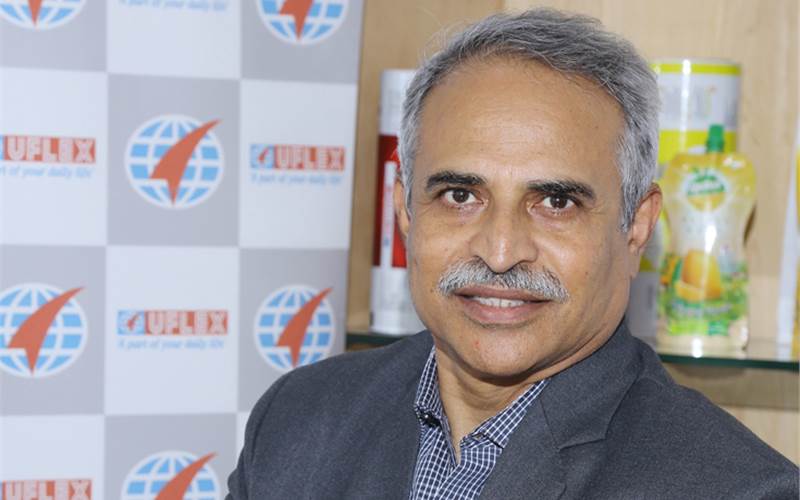
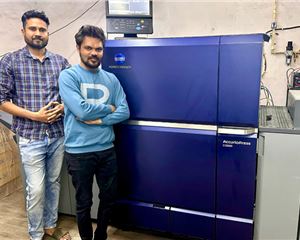
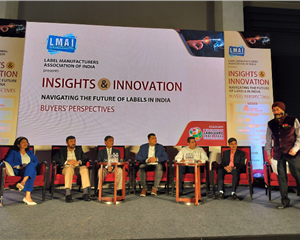
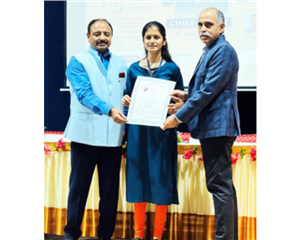
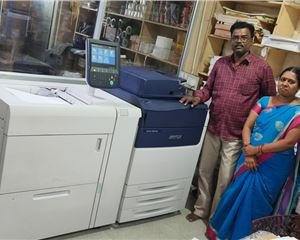






 See All
See All